Reports of Putin’s Death Raise Confusion and Alarm
Rumors are circulating that Russian President Vladimir Putin has passed away, according to a mysterious figure known as “General SVR” and a political commentator named Valery Solovei.
They have presented a narrative that asserts Putin’s death occurred on October 26, with an impersonator now standing in his place.
The Source of Speculation: Telegram and Analyst's Assertions
A Russian Telegram channel and Valery Solovei have sparked controversy with their assertion that President Putin is no longer alive.
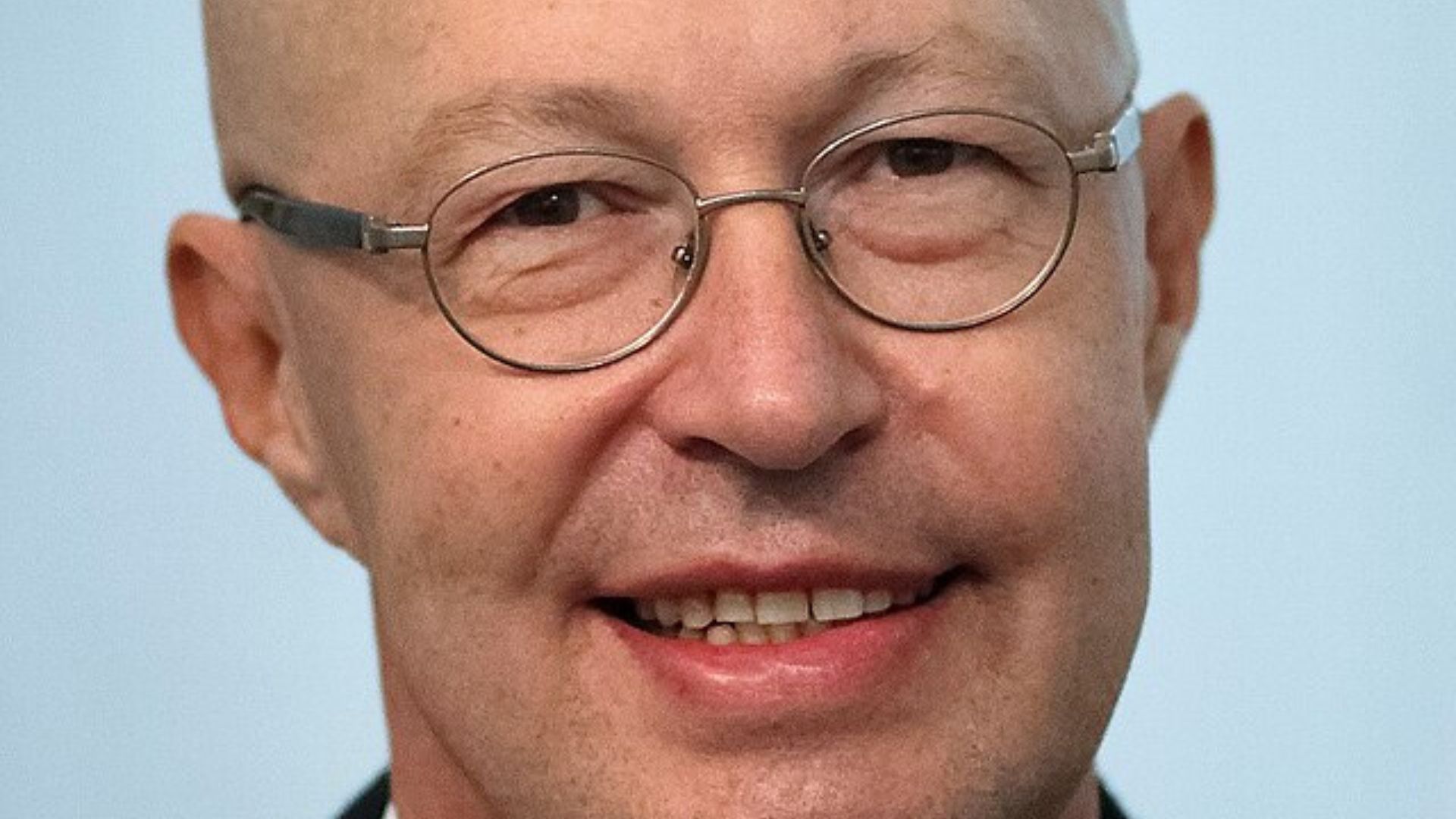
Source: Wikimedia Commons
They claim that an impersonator has been acting in Putin’s stead for several months, following what they describe as the President’s last day on October 26. This slide delves into the origins and specifics of these extraordinary claims.
The Impersonation Theory: Doubles in the Kremlin?
The narrative presented by the two sources suggests that the Putin visible to the public is not the real Vladimir Putin but a double.
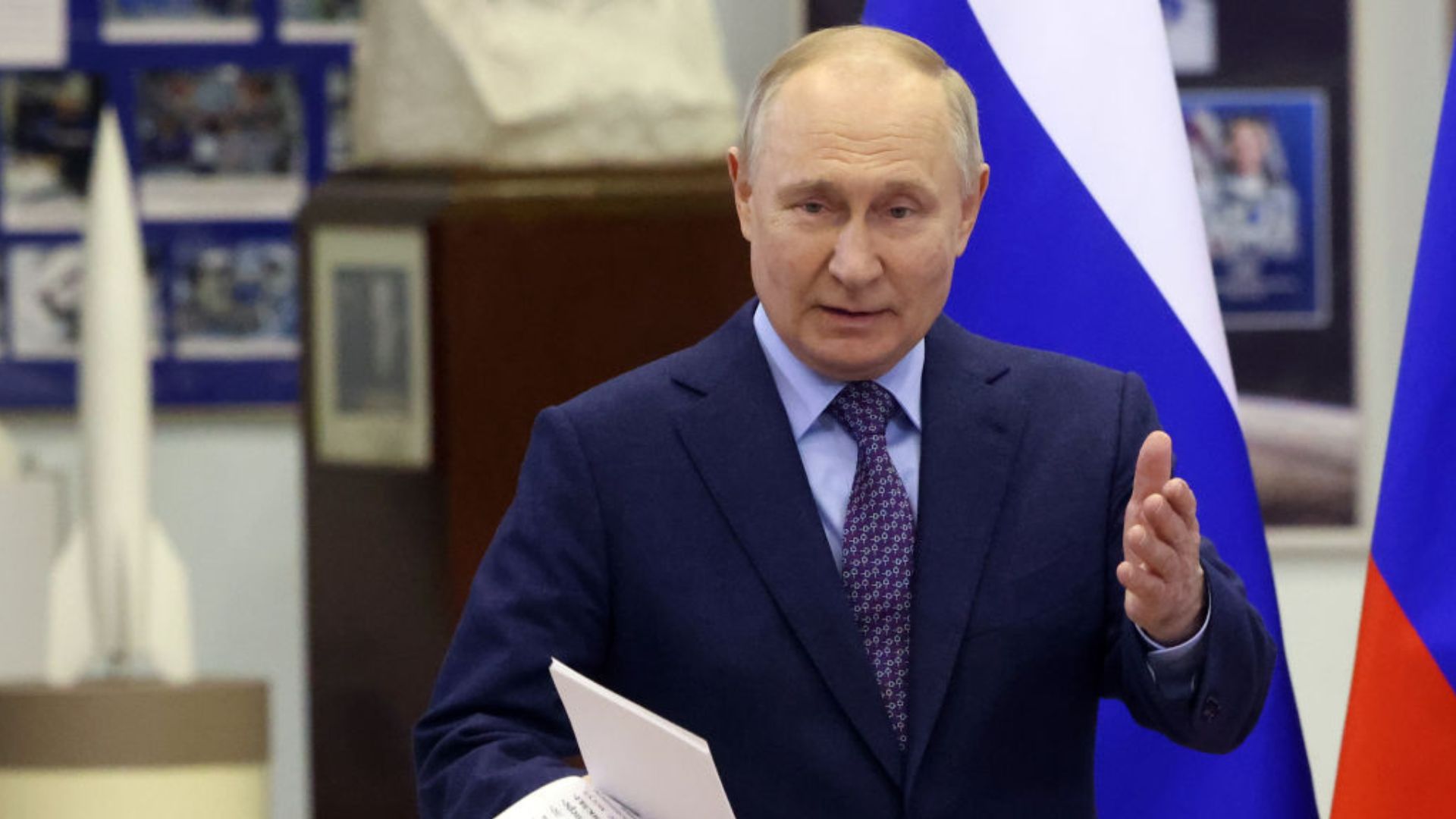
Source: Getty Images
This theory posits that the actual Putin has been replaced for health reasons, raising questions about the true state of affairs within the Russian government.
Evaluating the Analyst: Valery Solovei's Credibility
Valery Solovei, known for his articulate and logical analysis, is not easily dismissed as an unreliable source.
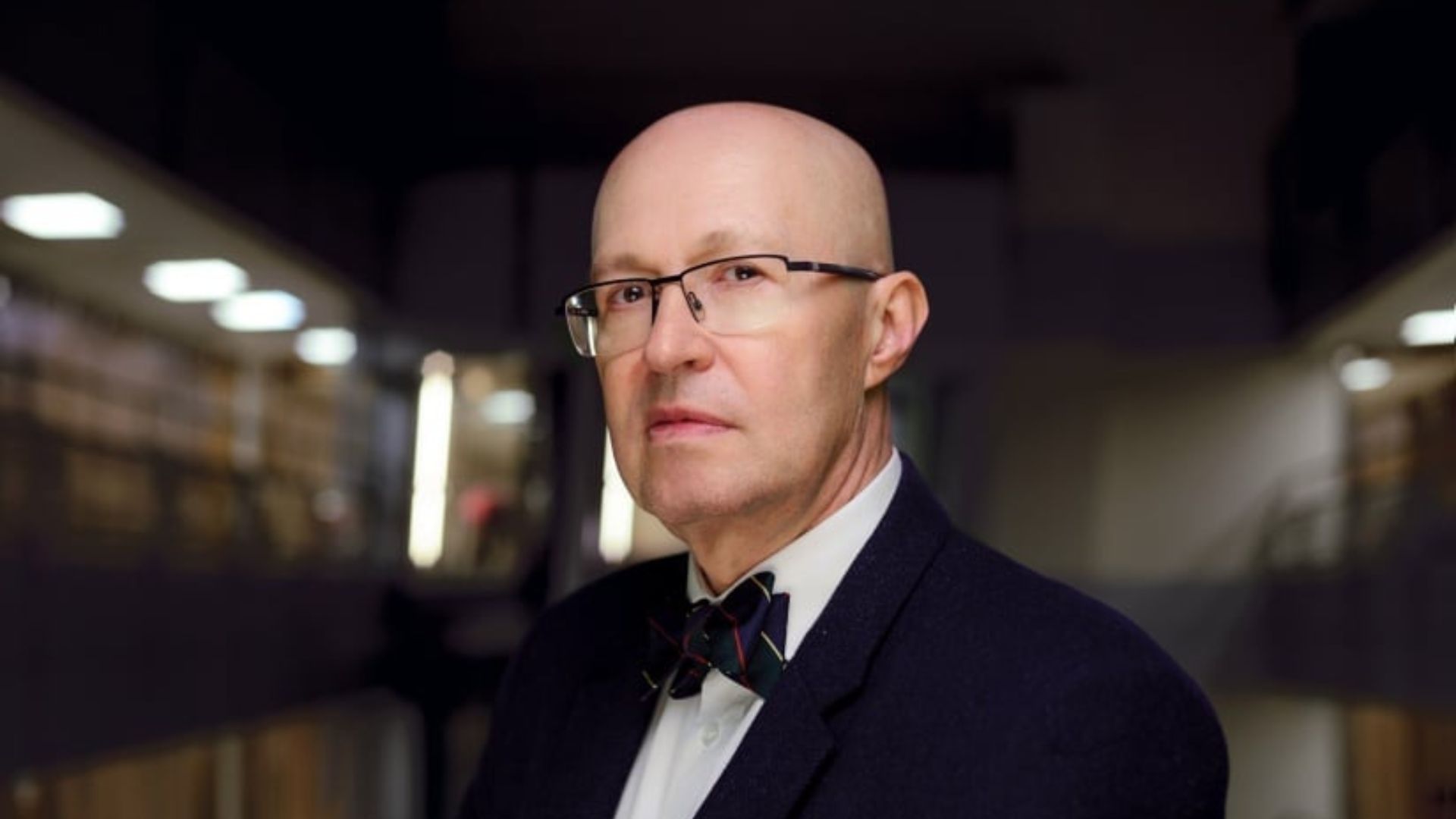
Source: Valery Solovei/Facebook
With a reputation for insightful commentary on Russian internal politics, his assertion regarding Putin’s death stands in stark contrast to his otherwise credible analysis.
A Ploy for Political Confusion?
The claim about Putin’s demise could be a strategy to inject uncertainty among Russian elites and the general public.
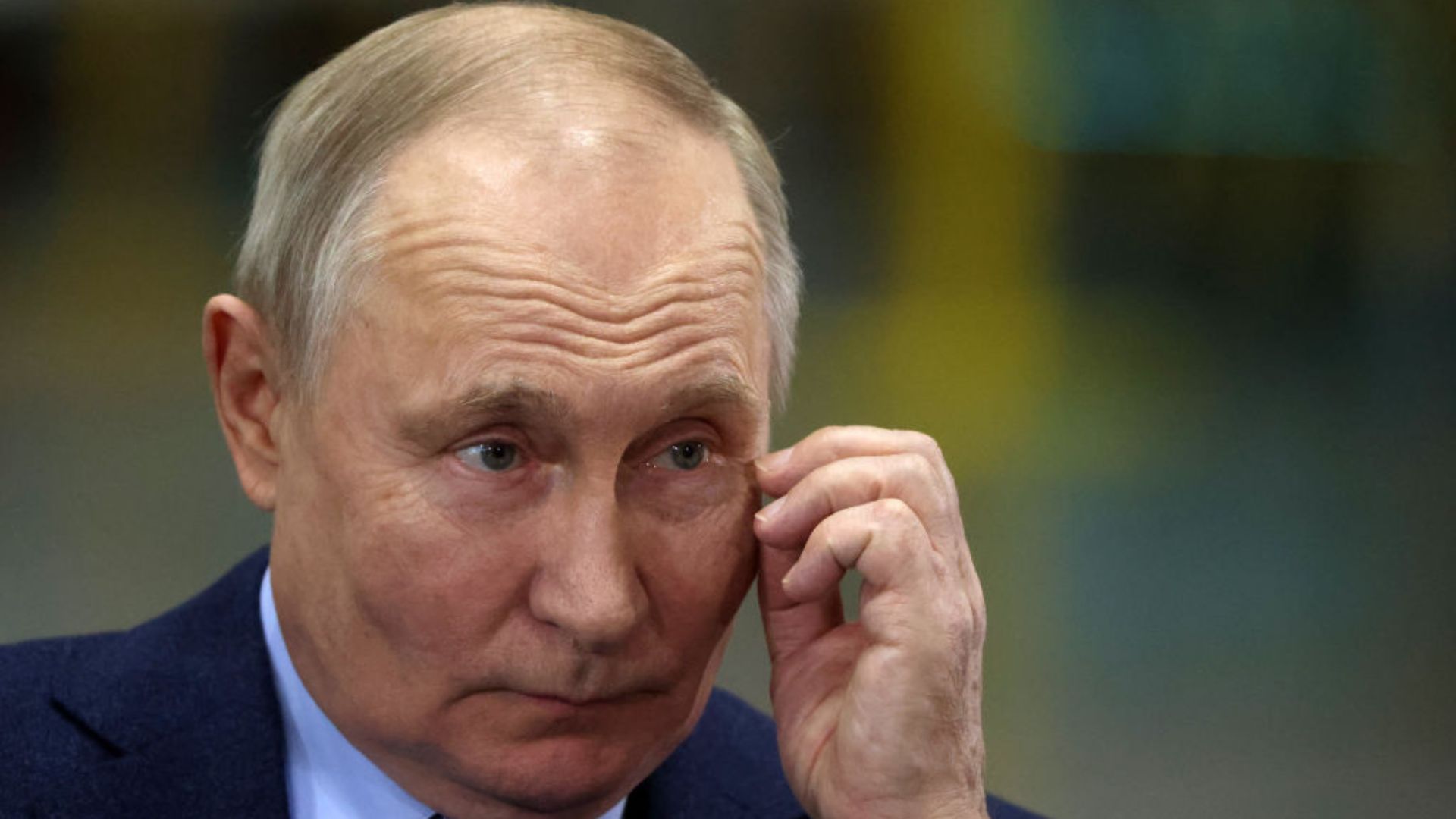
Source: Getty Images
As Russia approaches its presidential election in 2024, such rumors could potentially influence the political landscape and the legitimacy of the ruling party.
The Kremlin's Response: Denying Rumors Amidst Skepticism
In response to the swirling rumors, Kremlin spokesman Dmitry Peskov has publicly denied any truth to the claims about Putin’s death and the existence of a body double.
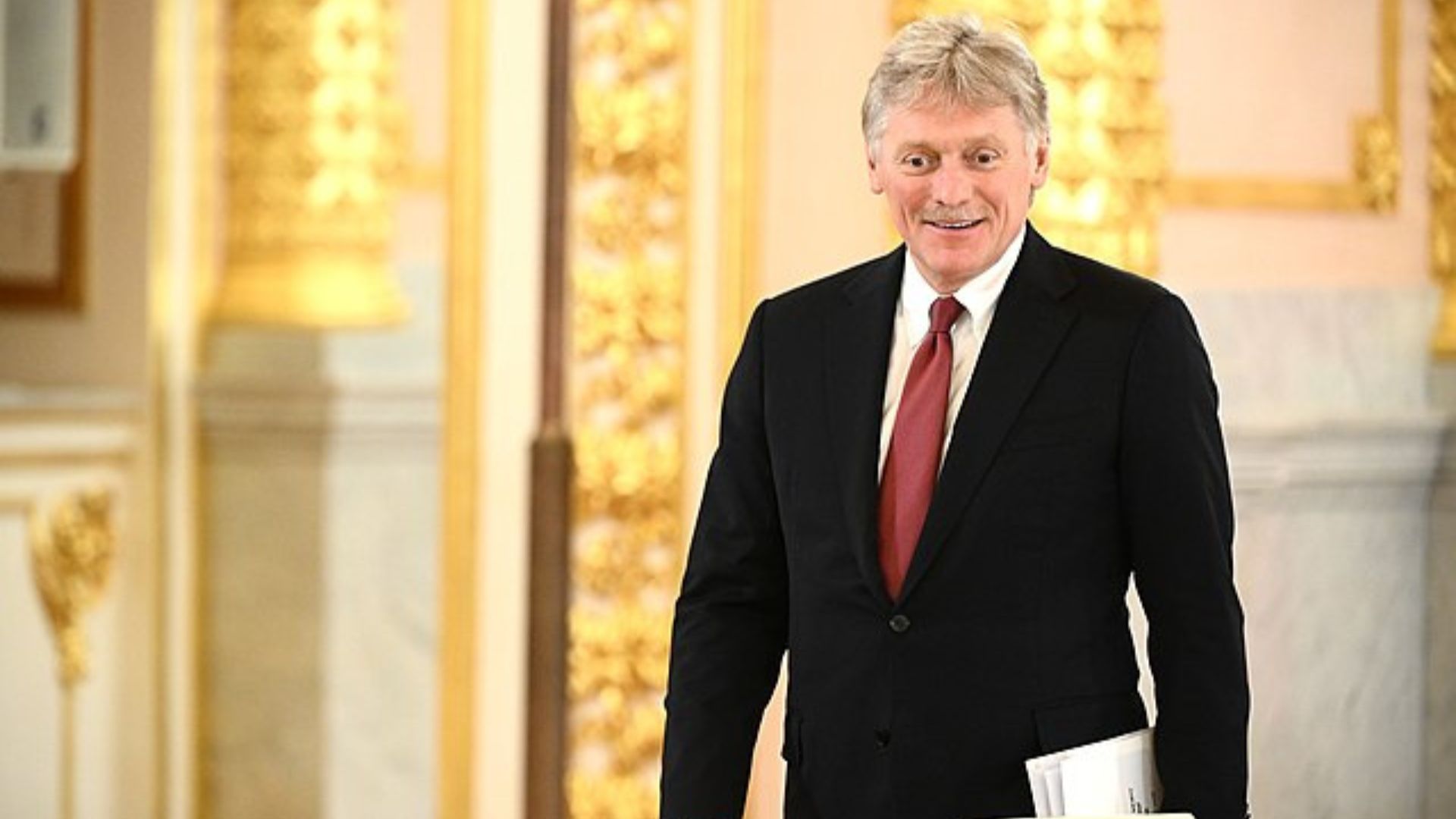
Source: Wikimedia Commons
However, skepticism about the official narrative persists, complicating the situation further.
Assessing the Motivations of Solovei and General SVR
There is speculation about the true intentions behind Solovei and General SVR’s claims.
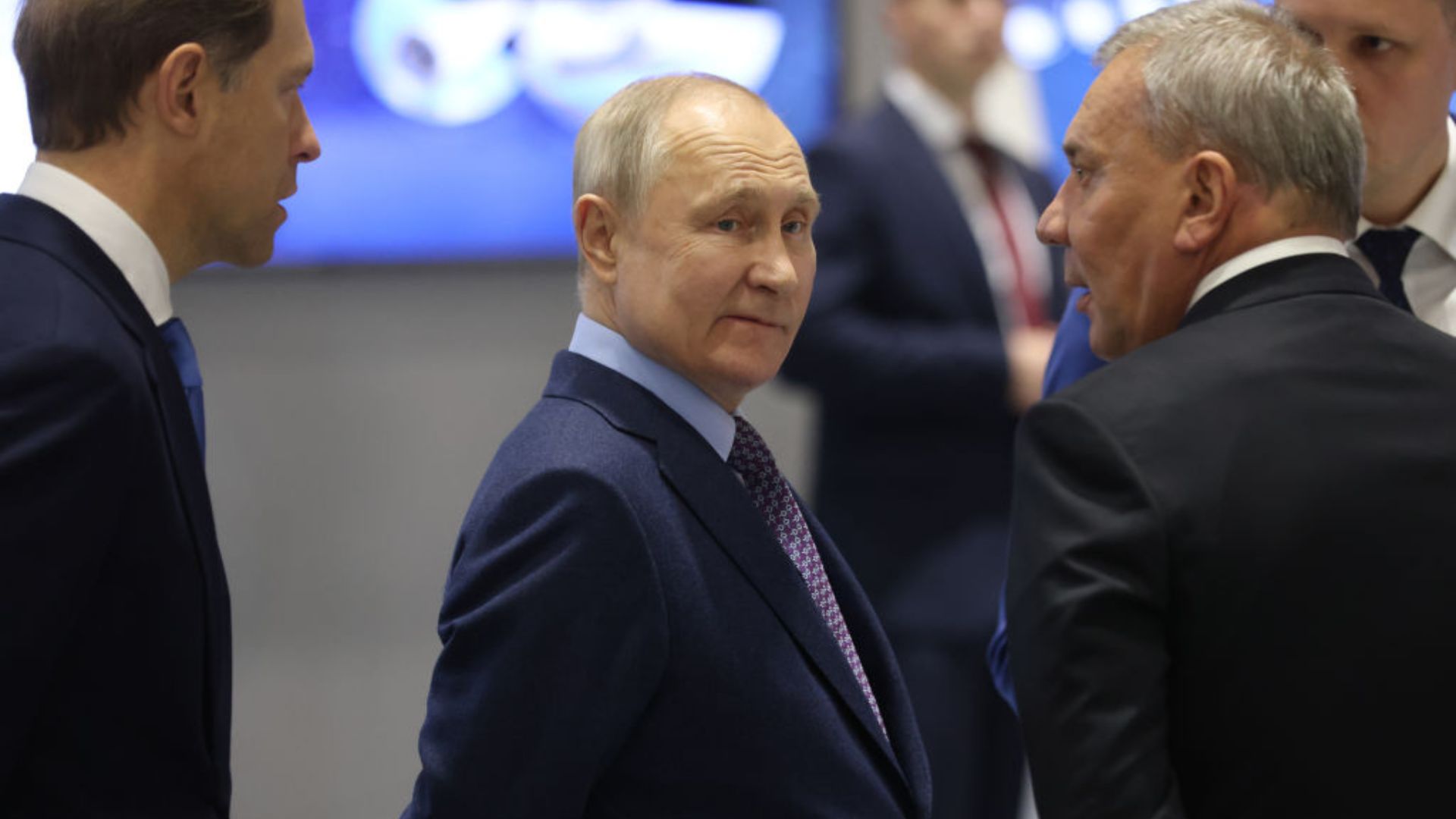
Source: Getty Images
It’s unclear whether they are genuinely independent voices of opposition or if they might be representing other interests within Russia’s political framework, perhaps even elements within the establishment.
Elites and Power Struggles
The rumors suggest underlying tensions among Russia’s political elite.
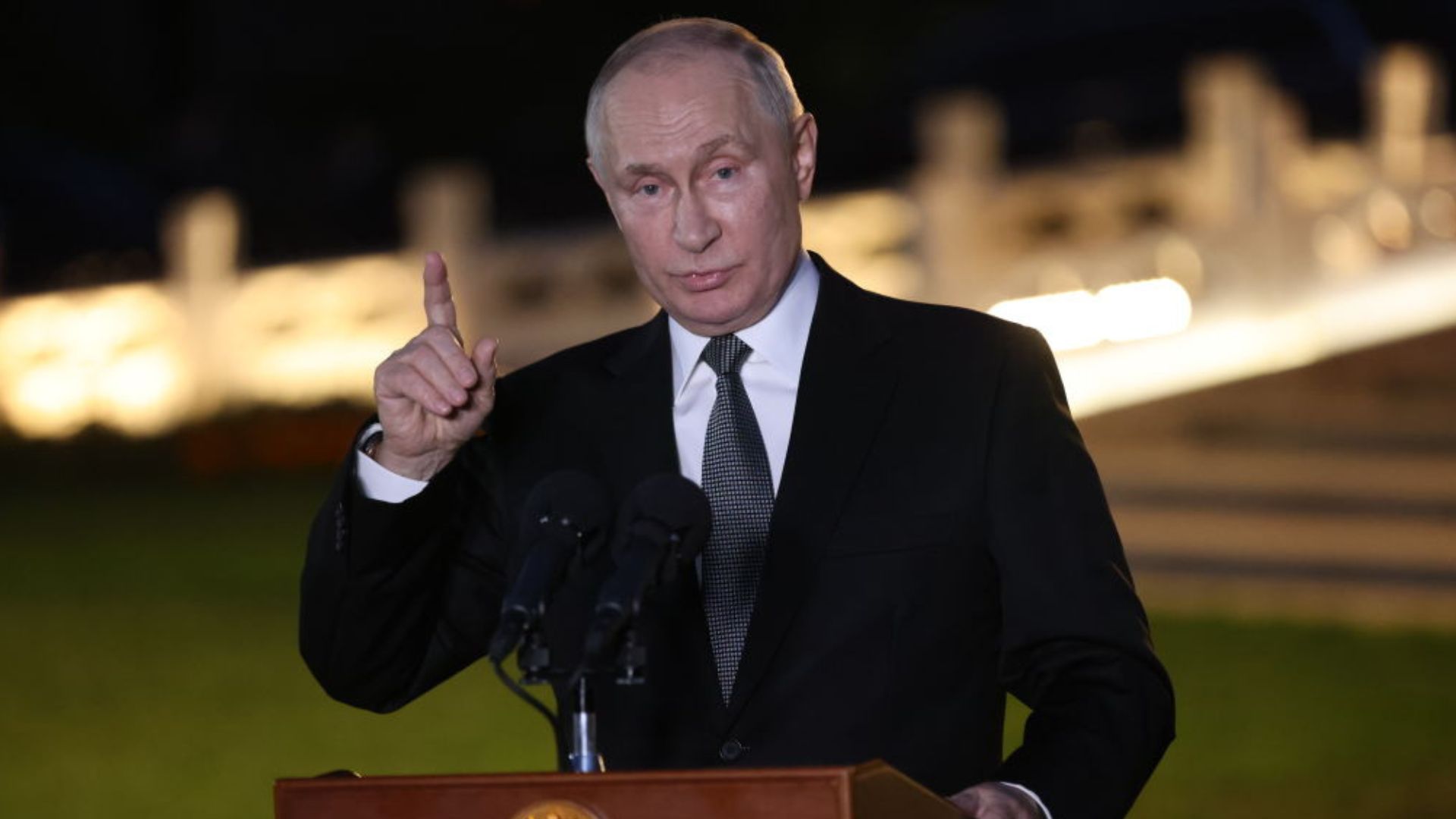
Source: Getty Images
If true, they could indicate a struggle for power within the Kremlin, revealing fractures in what often appears to be a unified regime.
The Question of Putin's Influence
The dissemination of these rumors has implications for the perception of Putin’s influence and control.
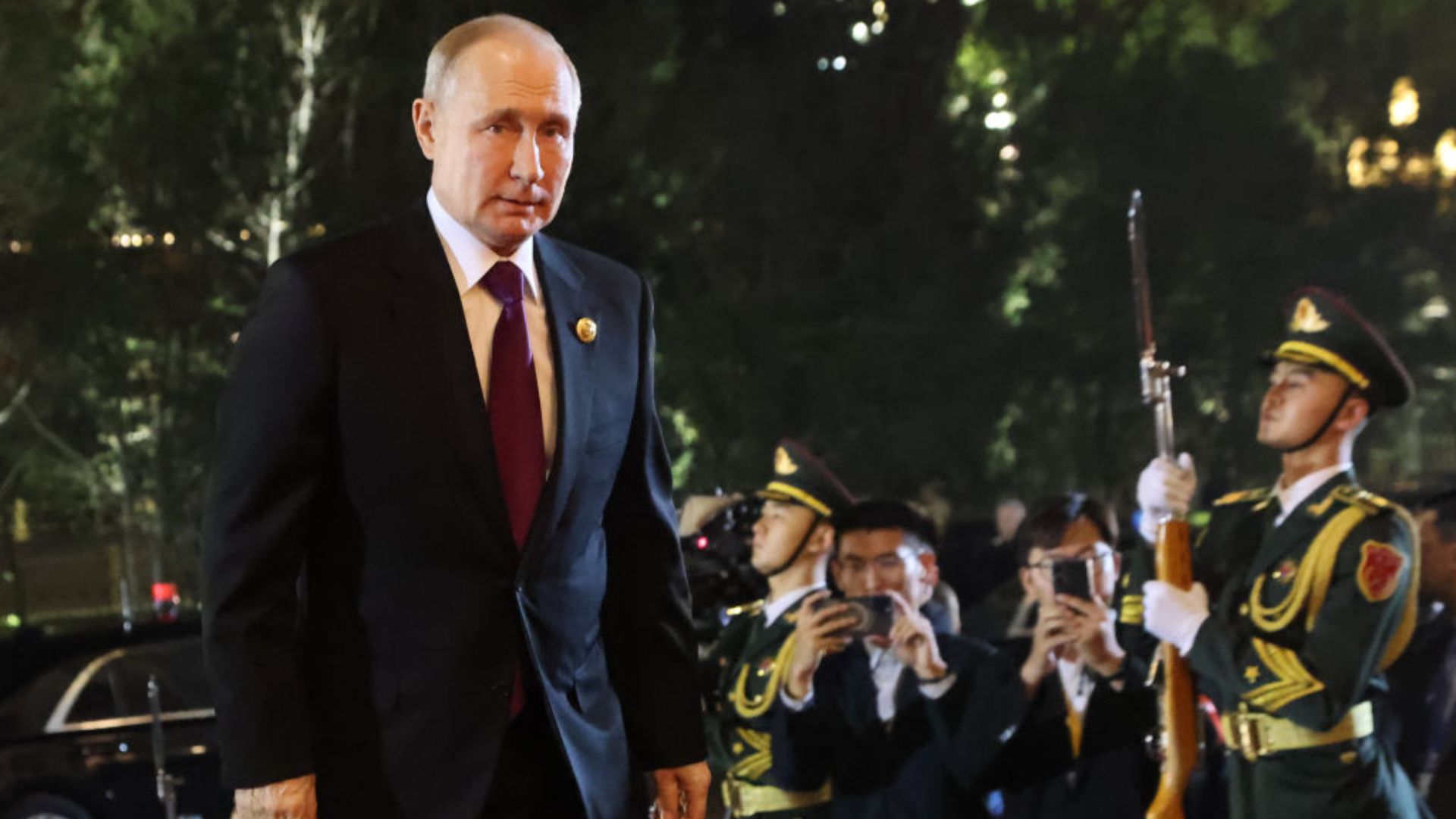
Source: Getty Images
Whether or not the rumors are true, they reflect a sense of unrest and possible change in the dynamics of Russian leadership.
Political Ideologies at Play
The political leanings of those possibly protecting Solovei could be an important factor in interpreting the situation.
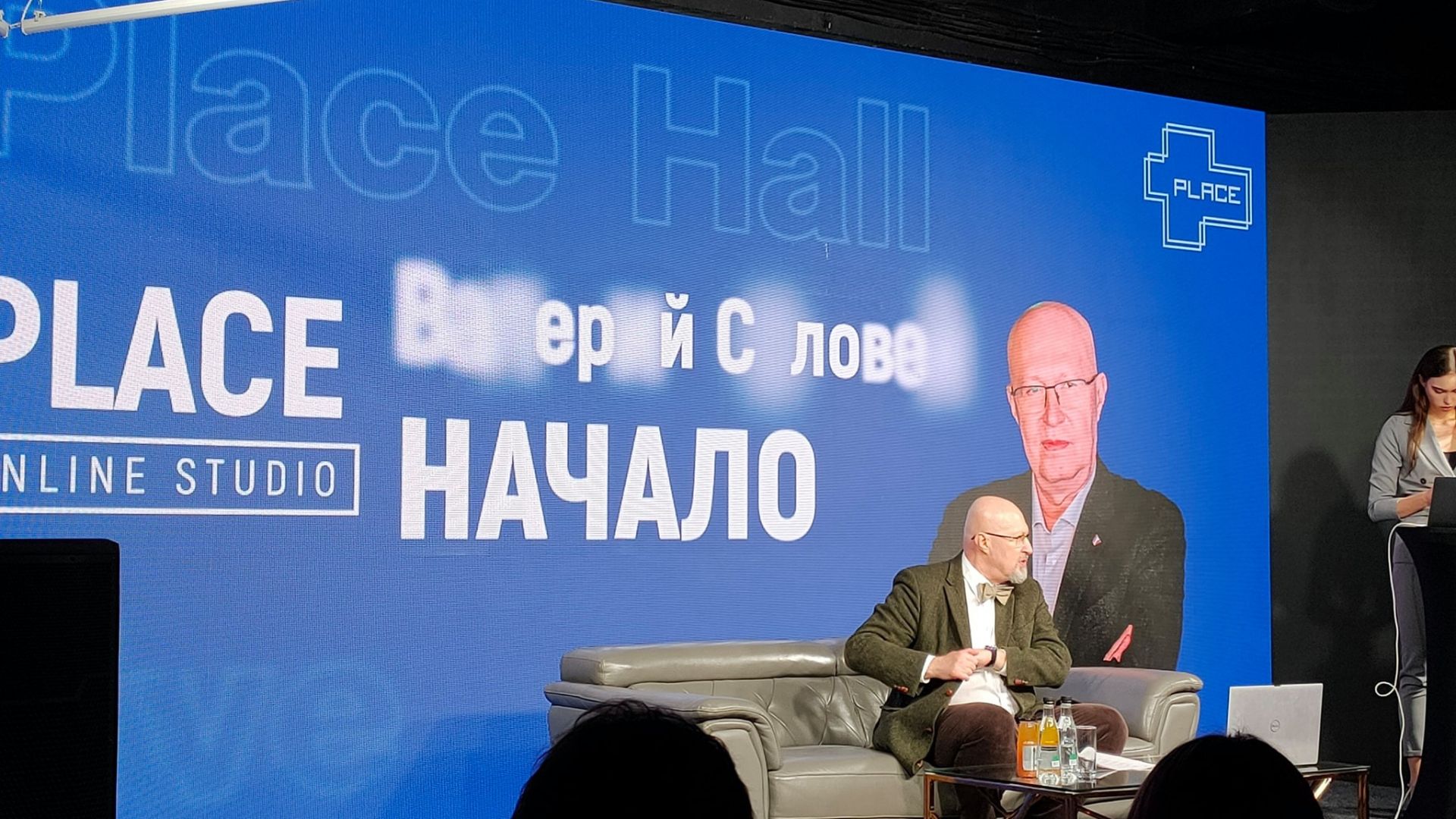
Source: Valery Solovei/Facebook
While Solovei describes his politics as liberal conservative, it remains to be seen how this aligns with the wider political movements within Russia.
The Spread of Doubt
The spread of these claims has led to a growing public discourse.
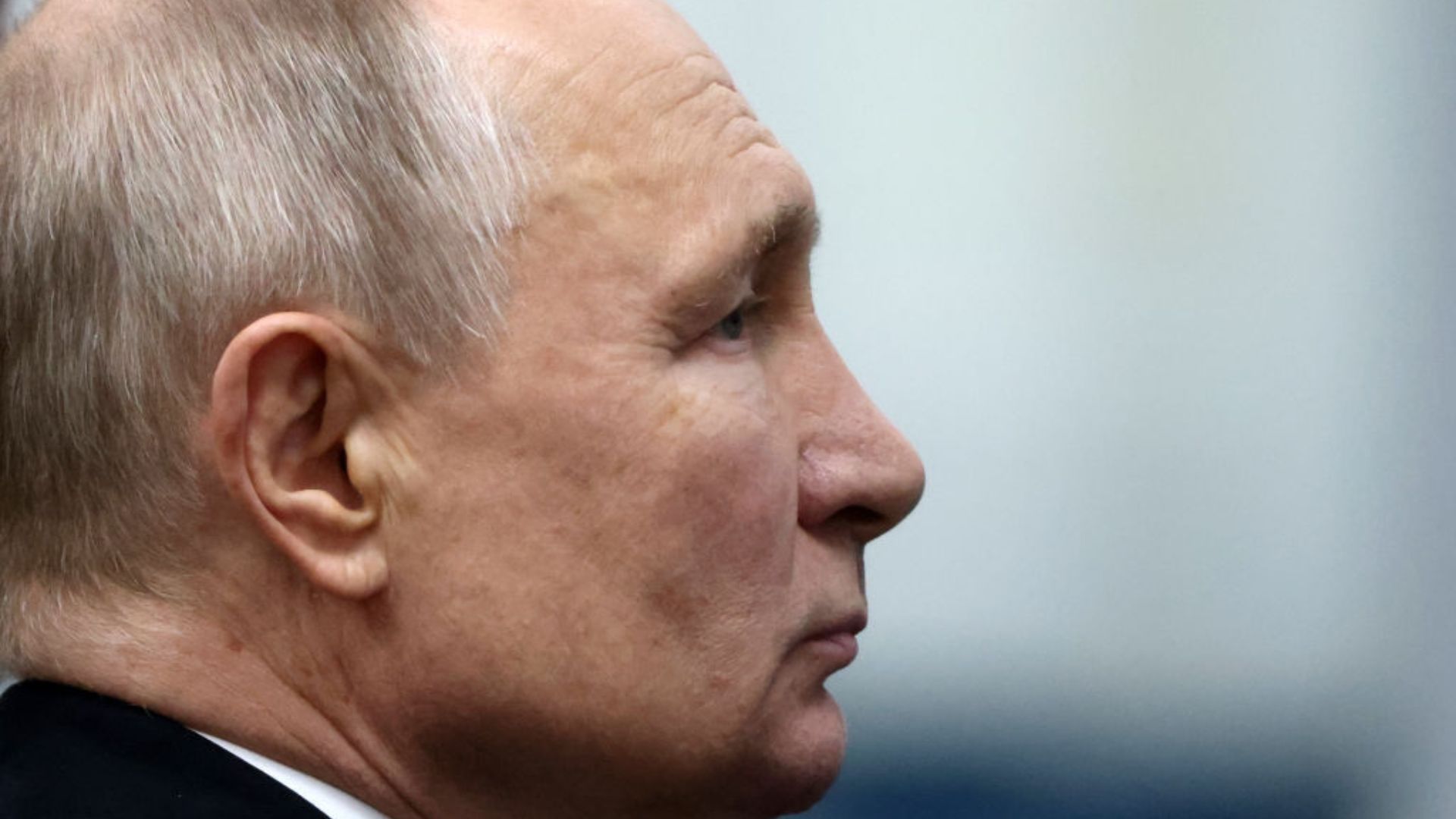
Source: Getty Images
Some Russians are beginning to question the authenticity of the leadership displayed by Putin—or his supposed double.
Stability and Speculation in Russian Politics
The arena of Russian politics is currently a stage for various conjectures and speculations, with the rumors about President Putin’s health and authenticity taking center stage.
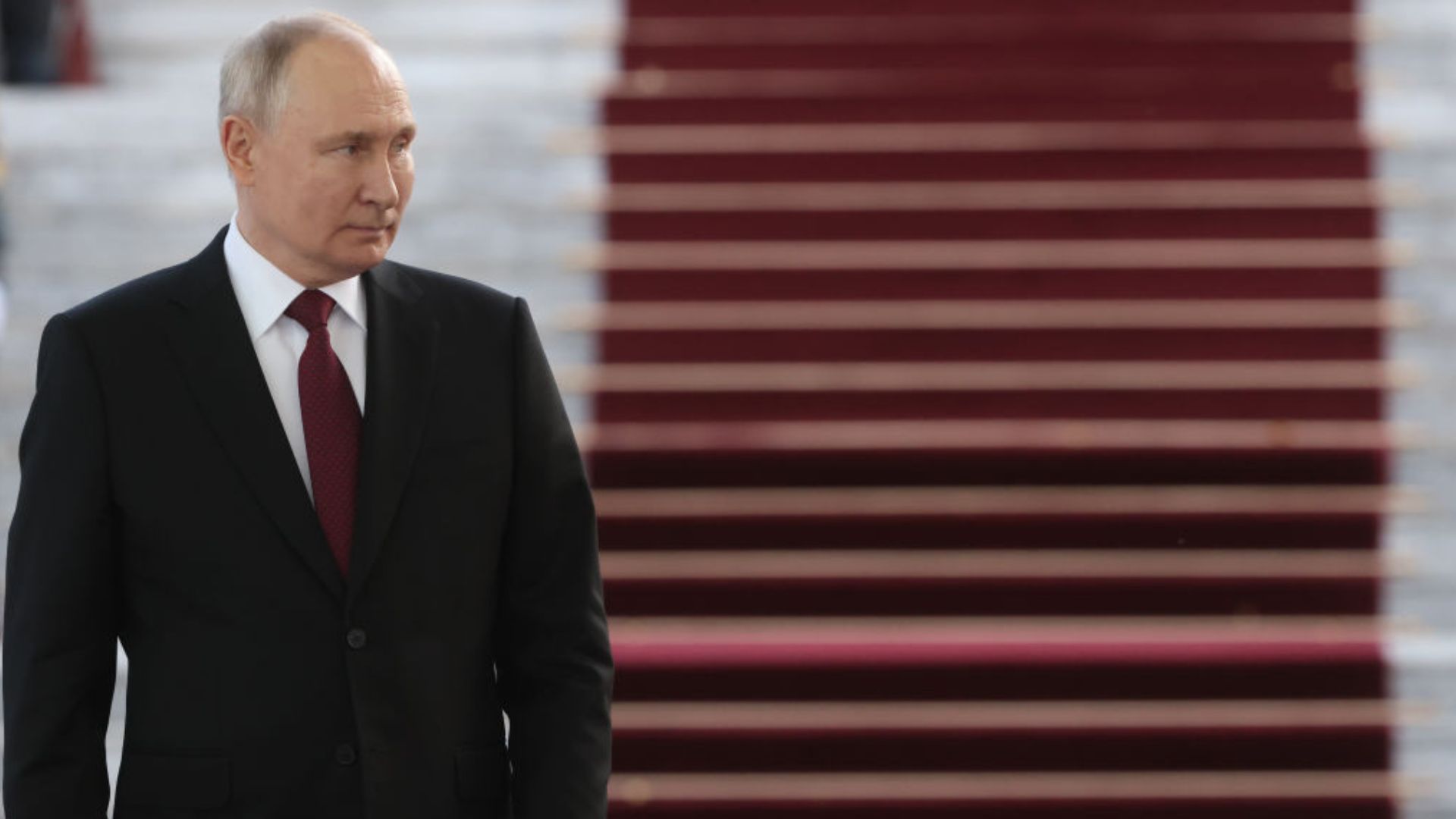
Source: Getty Images
This landscape is populated with uncertainties, various narratives, and a constant quest for truth.
